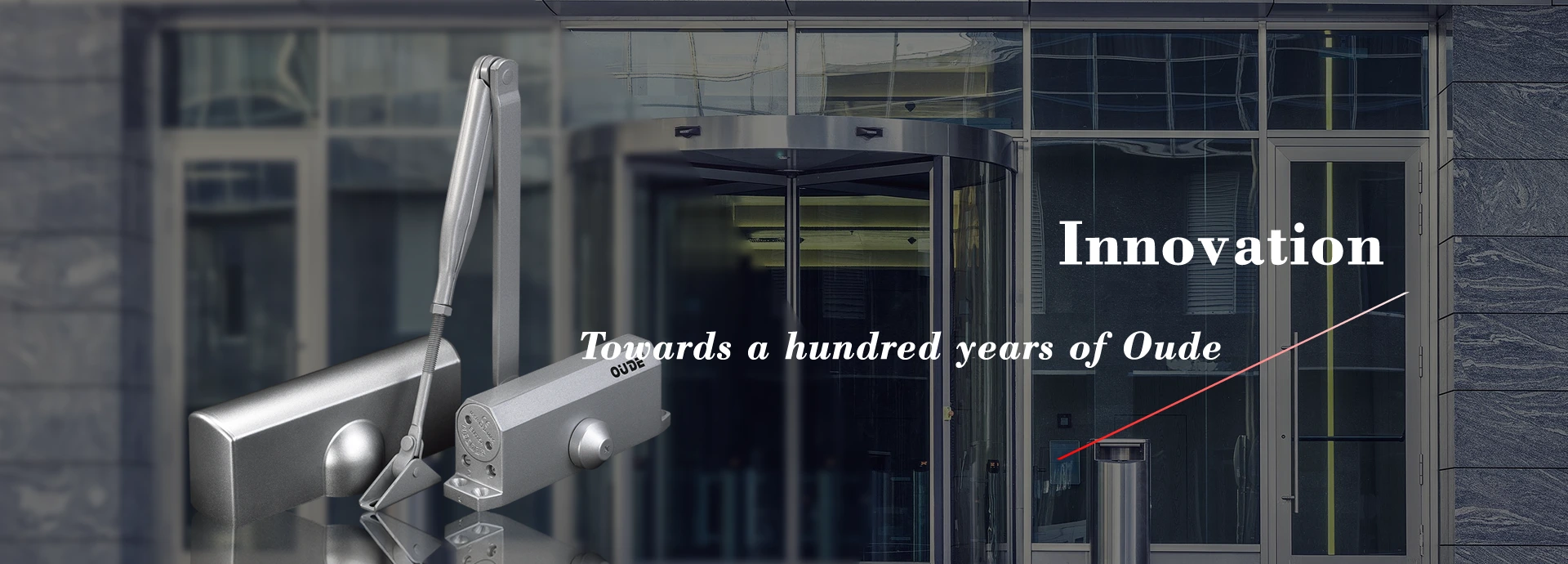
Pneumatic door closers are ideal for lighter use with gentle closing, while hydraulic door closers excel in high-traffic areas requiring strength and precise control.
Let’s keep the focus clear—two types of door closers: pneumatic and hydraulic. Both are designed for one purpose— to control how the door closes. Even if you’re not thinking about these systems every day, they matter when it’s time to control traffic flow or maintain door longevity. Now, onto the real question: which one is better?
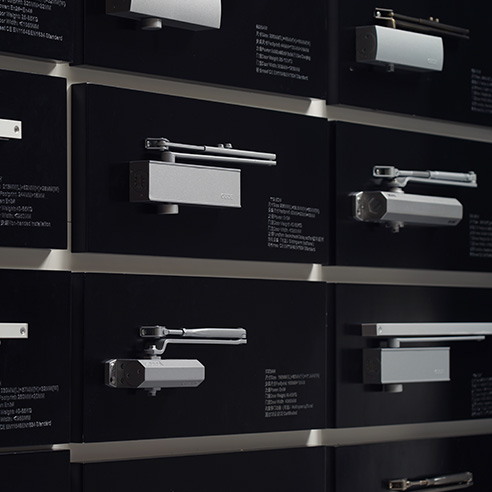
Choose the right door closer—pneumatic or hydraulic—at Cn-oude!
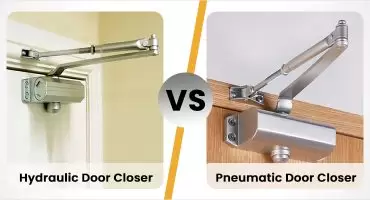
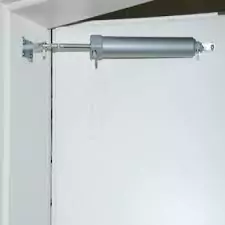
Pneumatic door closers rely on air. The way these work is relatively simple. When the door opens, the air piston pulls, and when it’s time to close, the air pressure takes over, gently pushing the door shut.
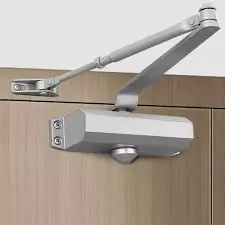
Now, hydraulic door closer works differently. Instead of air pressure, they use fluid. When the door is opened, fluid is displaced and forced through valves which control how quickly or slowly the door closes.
Here’s what you need to think about. It’s not about picking one that’s “better” overall. You need to focus on which system suits your doors.
| Feature | Pneumatic Door Closer | Hydraulic Door Closer |
| Efficiency | Good for lighter doors | Better for heavy doors and high traffic |
| Control | Basic adjustability for light doors | High precision and control |
| Performance | Gentle closing | Smooth and strong closing |
| Best Use | Residences, offices | Commercial spaces, high-traffic areas |
In places like residences or offices with lighter doors, pneumatic door closers do the job just fine. They close gently and can be adjusted for speed. Great for a simple, no-fuss setup.
For high-traffic spots or places with heavier doors, hydraulic door closer take the lead in efficiency. They operate through fluid dynamics which means you get a smoother and stronger close, even if hundreds of people are walking through.
Pneumatic door closer often have a basic level of adjustability but remain best for controlling light door movements. If you need more control or fine adjustments, this may not always be suitable for doors that see constant or heavy traffic.
When you need precision over how your door closes, hydraulic door closer is the clear winner. The control over fluid movement provides the right balance of force and refinement, especially in environments where adjustments matter.
Both systems are designed with specific uses in mind. Pneumatics? Ideally suited for softer, adjustable closing in smaller spaces. Hydraulics? Purpose-built to handle heavier loads, high traffic, and offer better control over how your doors function. Your choice is dictated by traffic, door weight, and overall usage pattern. Make it with those factors in consideration, and you won’t end up asking the same question again.
For high-quality options and expert advice, explore Cn-oude’s range today! Make the right choice for your doors and enhance your space’s functionality.




